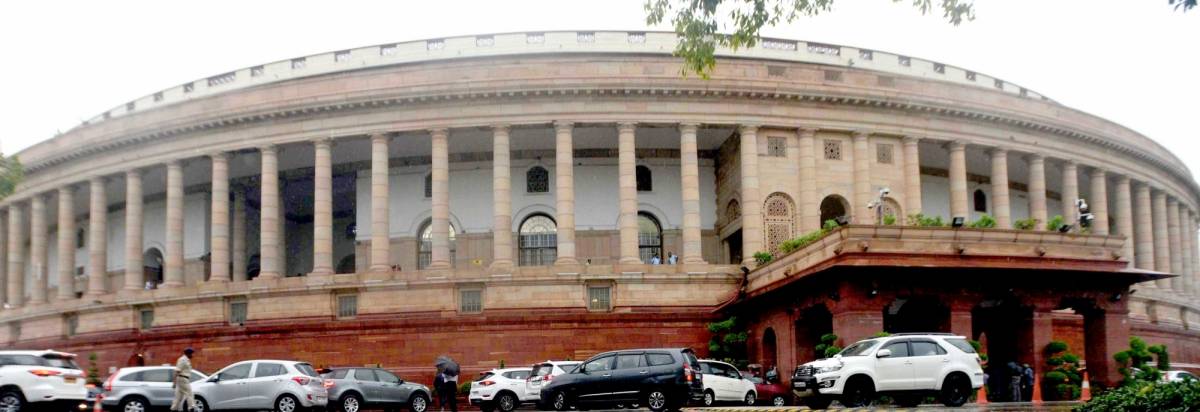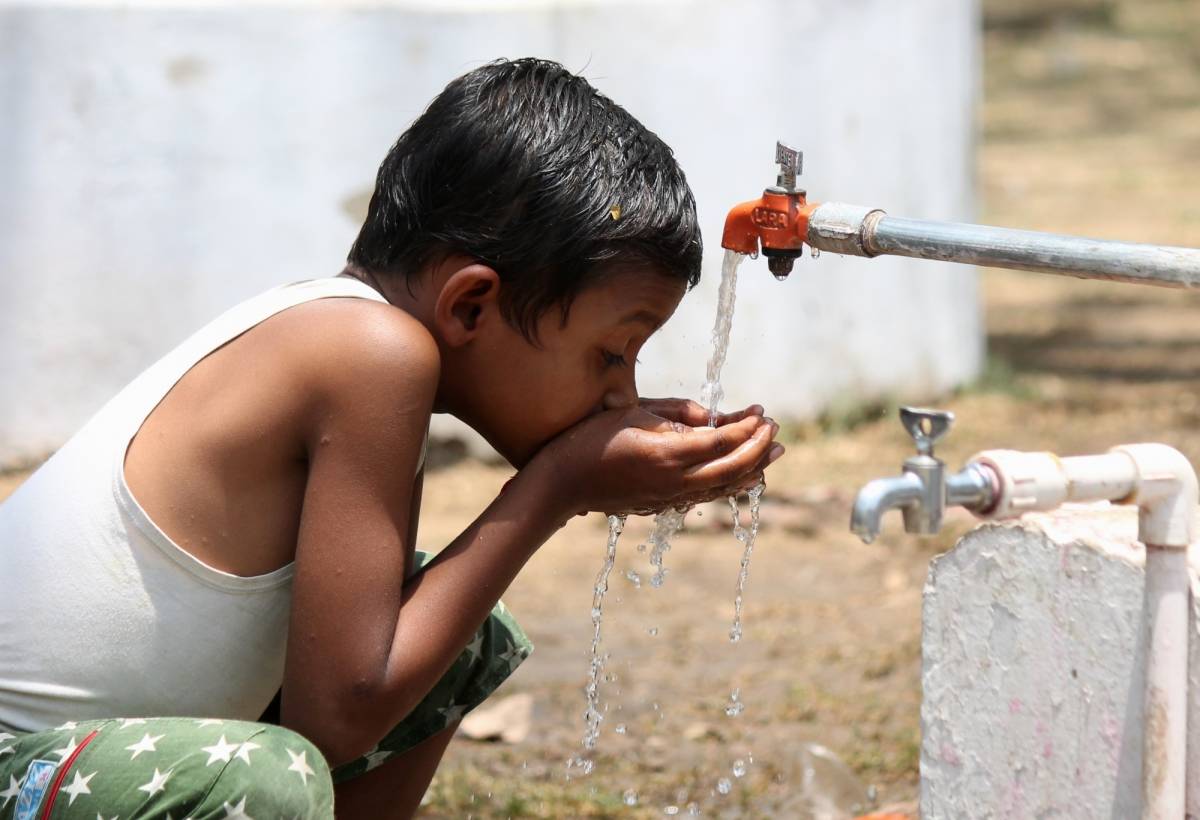Delhi being a landlocked state, the sources of air pollution comprise factors beyond the local municipal and local government limits….reports Asian Lite News
The Lok Sabha on Wednesday passed a Bill that seeks to set up the Commission for Air Quality Management in National Capital Region and Adjoining Areas for better co-ordination, research, identification and resolution of problems surrounding the air quality index.
“On the one hand, we have administrative and environmental experts associated with this process, and on the other we have involved representatives of the states surrounding the Delhi-NCR region,” Union Minister for Environment, Forest and Climate Change, Bhupender Yadav, told the Lok Sabha as he presented the Bill for voting amid continued din.
Administrative orders and court committees were generally deployed to deal with the air pollution problem in the National Capital Region and even then, the air quality remained a major cause of concern, especially in winters, he said.
The Centre had brought out an ordinance for setting up a Commission for Air Quality Management in National Capital Region and Adjoining Areas last year but it had lapsed in March this year. A similar ordinance was promulgated on April 13, 2021, and the Bill, to replace this ordinance, was introduced in the Lok Sabha on July 30.

Delhi being a landlocked state, the sources of air pollution comprise factors beyond the local municipal and local government limits. Agricultural activities, majorly straw burning, brick kilns, thermal plants, transport and industry apart from construction in Delhi and NCR areas all contribute to the air pollution but several of these are non-local sources.
The ordinance first and now the Bill takes into cognizance the air shed approach as the government realised that Delhi’s air cannot be managed by activities confined to Delhi, it must be an air shed approach.
The government said that it was noticed that there is lack of a permanent, dedicated and participative mechanism adopting a collaborative and participatory approach involving relevant Central ministries, state governments, local bodies, and other stakeholders to tackle air pollution in the National Capital Region and its adjoining areas.














